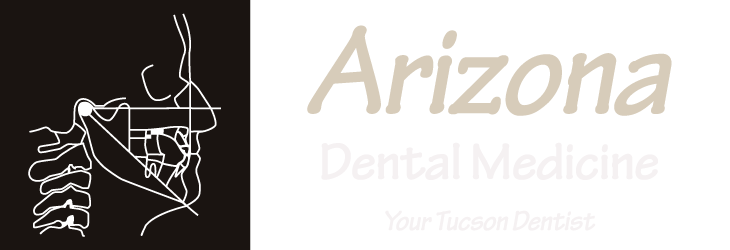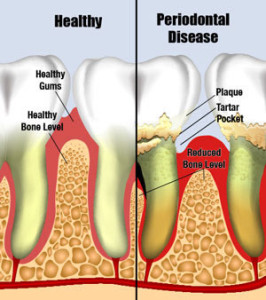 Flossing is extremely important to your oral hygiene routine. Flossing is a way to remove plaque and food particles in places where a normal toothbrush cannot reach. Normally this is under the gum line and between your teeth. For your dental health, it comes second only to brushing your teeth. Daily flossing complements tooth brushing.
Flossing is extremely important to your oral hygiene routine. Flossing is a way to remove plaque and food particles in places where a normal toothbrush cannot reach. Normally this is under the gum line and between your teeth. For your dental health, it comes second only to brushing your teeth. Daily flossing complements tooth brushing.
While talking about oral health, one often comes across terms like plaque, tartar or calculus. Plaque is a thin removable layer of bacteria and sugars formed on teeth and gums. Plaque formation is a natural process as these bacteria are always present in our mouth. Plaque formation automatically re-starts every 4-12 hours after brushing the teeth. Therefore brushing your teeth twice each day is very important for dental health.
As tooth brushing removes the plaque from the exposed easily approachable areas in mouth, flossing removes plaque layer from the hidden parts of the mouth like the gum line between the teeth. The acids from plaque can harm the enamel of the teeth and constant exposure can form cavities in teeth. If plaque is not removed it starts to become hard transforming into tartar or calculus layer after 48 hours This can lead to gingivitis or periodontitis.
One can floss teeth by taking a piece of floss about 18 inches long into your hand. Wind most of the floss around the middle finger of both hands and leave an inch or two of floss to work with. Now hold this floss tightly between your thumbs and index fingers and slide it gently up-and-down between your teeth. When you reach the base of the tooth with the floss make a C curve with the floss passing through your teeth in order to get rid of the entrapped food on your gum. You have to be very gentle when you touch the gums as this soft tissue is very soft and delicate and can easily bruise the gum tissue.
Your overall health depends on good oral hygiene. Don’t get scolded by your dentist during your next dental check-up. Brush and floss your teeth twice each day.
Has it been longer than 6 months since your last check-up? Then isn’t it time to set an appointment with Dr. Riley…..call today 520-297-9069.


